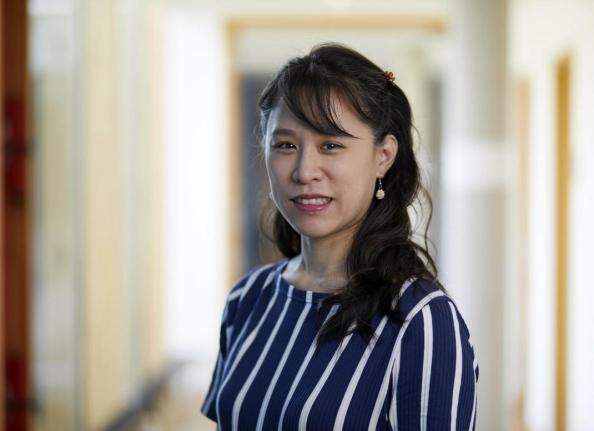Lisa Onaga is a Senior Research Scholar at the Max Planck Institute for the History of Science (MPIWG).
Her research focuses on the ownership and authorship of knowledge at the material interface of animal and human life in agricultural, laboratory, health, and industrial settings. At the MPIWG, she leads the “Proteins and Fibers” working group, which examines the histories how various expert communities create, use, and analyze animal materials to deepen historical understandings of animal-human interactions.
Lisa Onaga's current project uses sociologically informed historical methods to investigate how silk weaving has scaffolded knowledge related to life and livelihood in Amami Ōshima, southwestern Japan. She is completing a book, Cocoon Cultures: The Entanglement of Biology and Silk in Japan since 1840 (Duke University Press), that examines how the control of the environment and genetics of an insect for industrial silk manufacture underpins the history of the life sciences in Japan.
Her research outlook reflects her commitment to interdisciplinarity, born of her doctoral training in Science & Technology Studies at Cornell University and postdoctoral training at the Institute for Society and Genetics at UCLA. Her research has been supported by institutions including the Deutsche Institut für Japanstudien, the Institute for Advanced Studies on Asia, National Science Foundation, Fulbright-IIE, Social Science Research Council, The D. Kim Foundation, and the Singapore Ministry of Education. Prior to joining the MPIWG, Lisa Onaga was a faculty member of the history program at Nanyang Technological University in Singapore and a lecturer at UCLA.
Lisa Onaga coordinates the Methods Intensive Master Class series and other activities that enrich the MPIWG campus curriculum offerings for the doctoral students.
Find out more about Lisa Onaga on her personal website.
